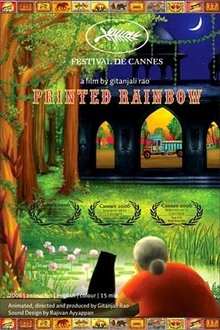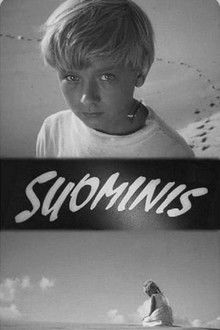One man always on the move will have an encounter that puts into question everything he knows.
Related Movies

Michelangelo (1976)
Animated short film of Michelangelo set to Beethoven Symphony No. 5 - I. Allegro con brio.

The Forger (2017)
Adolfo Kaminsky started saving lives when chance and necessity made him a master forger. As a teenager, he became a member of the French Resistance and used his talent to save the lives of thousands of Jews. The Forger is a well-crafted origin story of a real-life superhero.
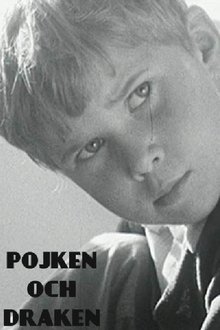
The Boy and the Kite (1962)
A young Swedish boy tries to enjoy his birthday with his mother in the maternity ward and his father having forgotten about the occasion.
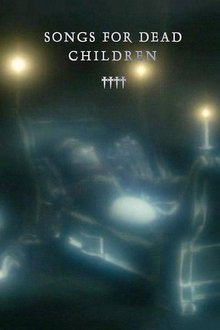
Songs for Dead Children (2003)
Another short, grainy film from the Quay Brothers. This one has funny singing in it.
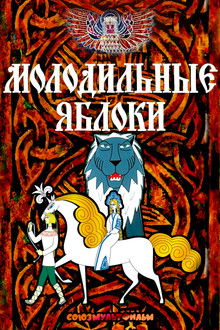
Rejuvenating Apples (1974)
The peasant sends his sons in search of rejuvenating apples. The eldest sons go to a tavern, and the youngest, with the help of a Gray Wolf, gets apples for his father and marries a beautiful Blue-eyed woman.

Masks (1999)
A humanlike figure without a face constantly changes masks in search of its identity. It is not happy with any of them.
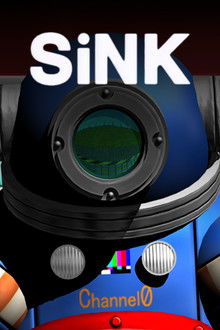
Sink (1999)
Sink is set in Tomioka’s brightly coloured yet worn and grubby surreal world, where on this occasion we see commuter trains packed with deep sea divers reading pornography. Sealed off behind their protective shells from any real human contact, the commuters are clearly inspired by Tomioka’s experiences on Tokyo’s underground but perhaps represent everyone who shuts themselves away behind iPods, computers and books, afraid of real face-to-face human interaction.

The Snowman and the Snowdog (2012)
Charming animated sequel to Raymond Briggs's classic The Snowman. When a young boy and his mother move house, he builds a Snowman and a Snowdog who magically come to life.

The Crunch Bird (1971)
A woman goes into a pet store seeking a gift for her husband. She decides to get him a bird with a most unusual talent, but her gift brings about an unforeseen result.

Spirals (1926)
In 'Spirals' Oskar Fischinger designed visual patterns of extreme complexity which often develop in overlapping cycles, yet he interrupts these patterns with radical editing of single frames of contrasting imagery. 'Spirals' exists as a fragmentary unfinished experimental film. Preserved by the Academy Film Archive in 2001.

A Little Adventure (2001)
A child from the middle of a large forest watches people walking along the sidewalk from the top of a wall. At the end of the day, he returns home, smiling. He has his own unique perspective from his observations atop the wall.

The Wall (1992)
Plasticine animation. Two characters erect a wall between them to end their discord. On each side, life is organized differently, until the reunion...elsewhere! A film for everyone, young and old, very funny and which tells us a lot about some of our behaviors!
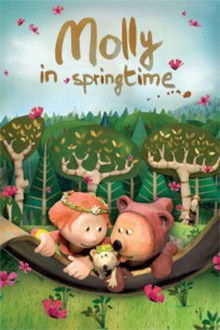
Molly in Springtime (2009)
As the mysterious “bloated belly” disease spreads through their kingdom, Princess Molly teams up with Léon the bear to outwit a conniving storyteller.

Wilson Periera (2010)
Wilson Periera, takes you to a small village in Kerala (South India) and further into an old house near the village cemetery. The story revolves around Wilson Periera, the cemetery keeper and his only family, his pets. The film shows perplexed Periera’s quest to find out the mystery behind the disappearance of his beloved fish.
